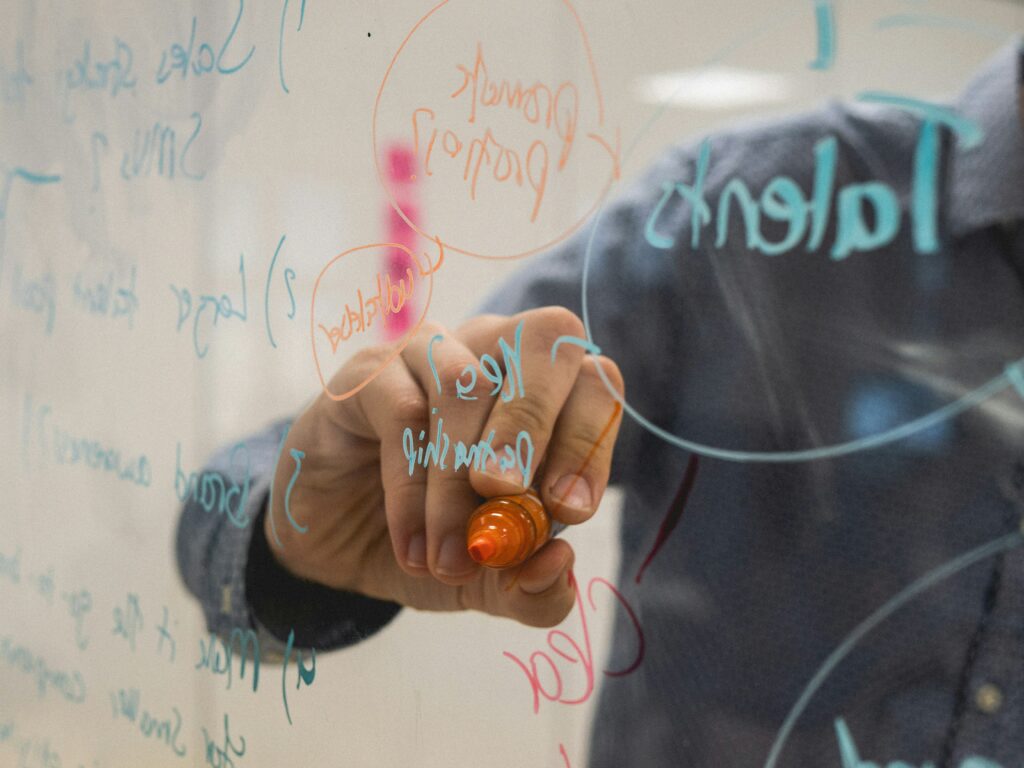
Designing for Inquiry
This week we had a guest lecture from Trevor Mackenzie, a local SD61 teacher, author, and education consultant. Trevor’s message was around inquiry based learning; a huge buzzword right now in the education community, but something I still had not really been sold on. What impressed me most about Trevor was that his ideas around inquiry based learning didn’t seem like jumping into a fad; he had research to back up his claims that inquiry based learning had significant benefits for student engagement, he had a clear, practical steps to lead students through the process (with fantastic infographics!), and he consistently brought everything back to having a fundamental respect for students. Exactly what I want!
You can take a virtual tour through Trevor’s classroom here.
Coming from the social sciences, one thing that Trevor does in his classes that appeals to me is that he solicits feedback from students to measure the success of his lessons and assessments. It’s could be hard to know how “curious” your students are about the curriculum topics, but an easy was to collect this information is just to ask them. Trevor also gives students autonomy over assessment. Students can choose the methods of showing their learning, and grading is a group projects where students help co-construct the rubrics of “success”.
Student Centred Educational Design
I have been on both sides of the traditional education system. For many years I was a star student who thrived in a traditional education setting. Teaching as a profession often selects for people like me who liked listening to lectures and reading text books, who liked schedules and rules, and could sit through a six hour school day without difficulty. But there are many kids who the traditional model doesn’t work for. In what would have been my last year of university a combination of health issues and changing life circumstances meant that the rigid structure of school suddlenly didn’t work for me. And I dropped out. Three times. We have an opportunity however, to do things differently.
Pedagogies of Tomorrow
Kids today are coming of age in a rapidly changing world. They are dealing with myriad of challenges that their parents generation didn’t face, from cyber bullying to climate disaster, and rising rates of mental health issues. Kids will spend a significant portion of their lives in school, and I believe that as educators we need to be paying attention, and to design our classrooms around the unique interests and challenges of our students. Whether that means getting kids moving, supporting students with projects they are passionate about, or providing choice and autonomy rather than a one-size-fit all approach, teachers certainly have a lot of work ahead of them.
Sorry, but comments are not enabled on this site.